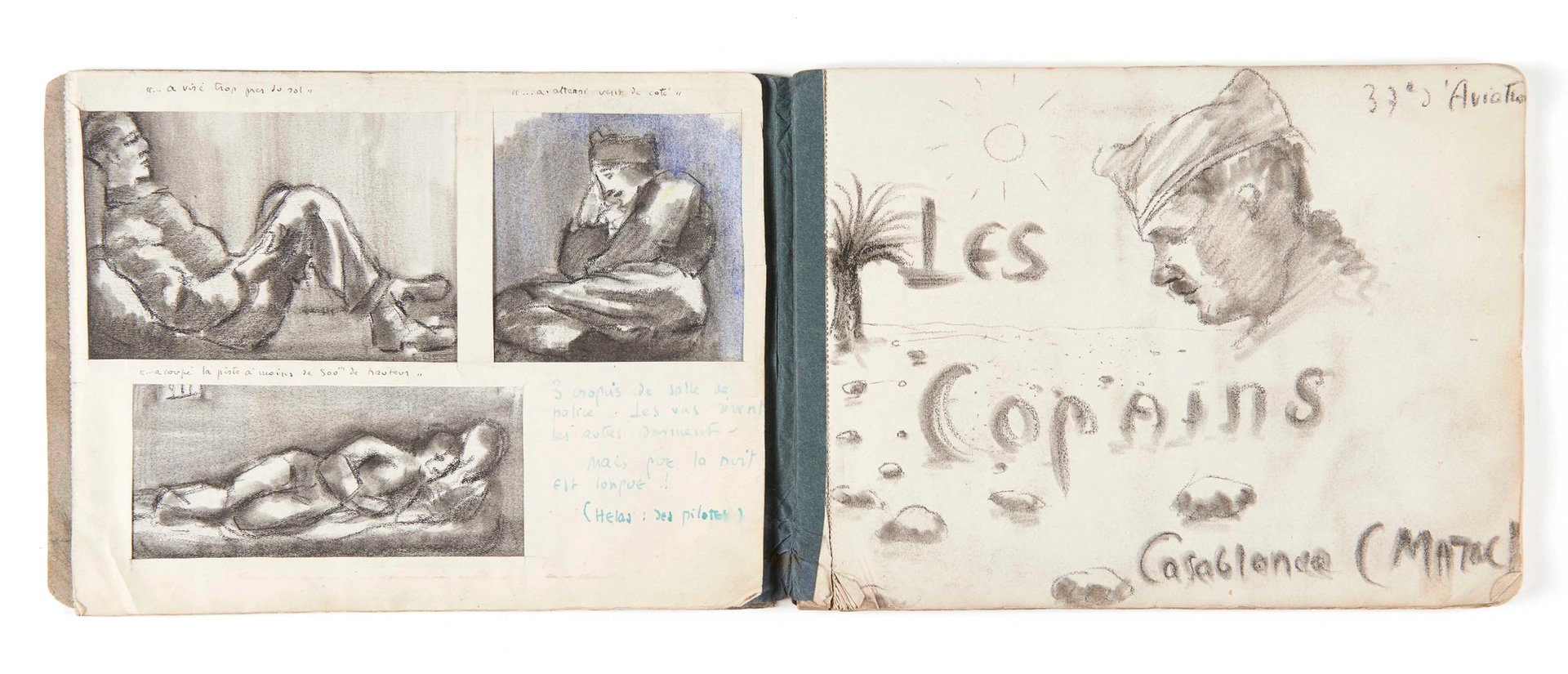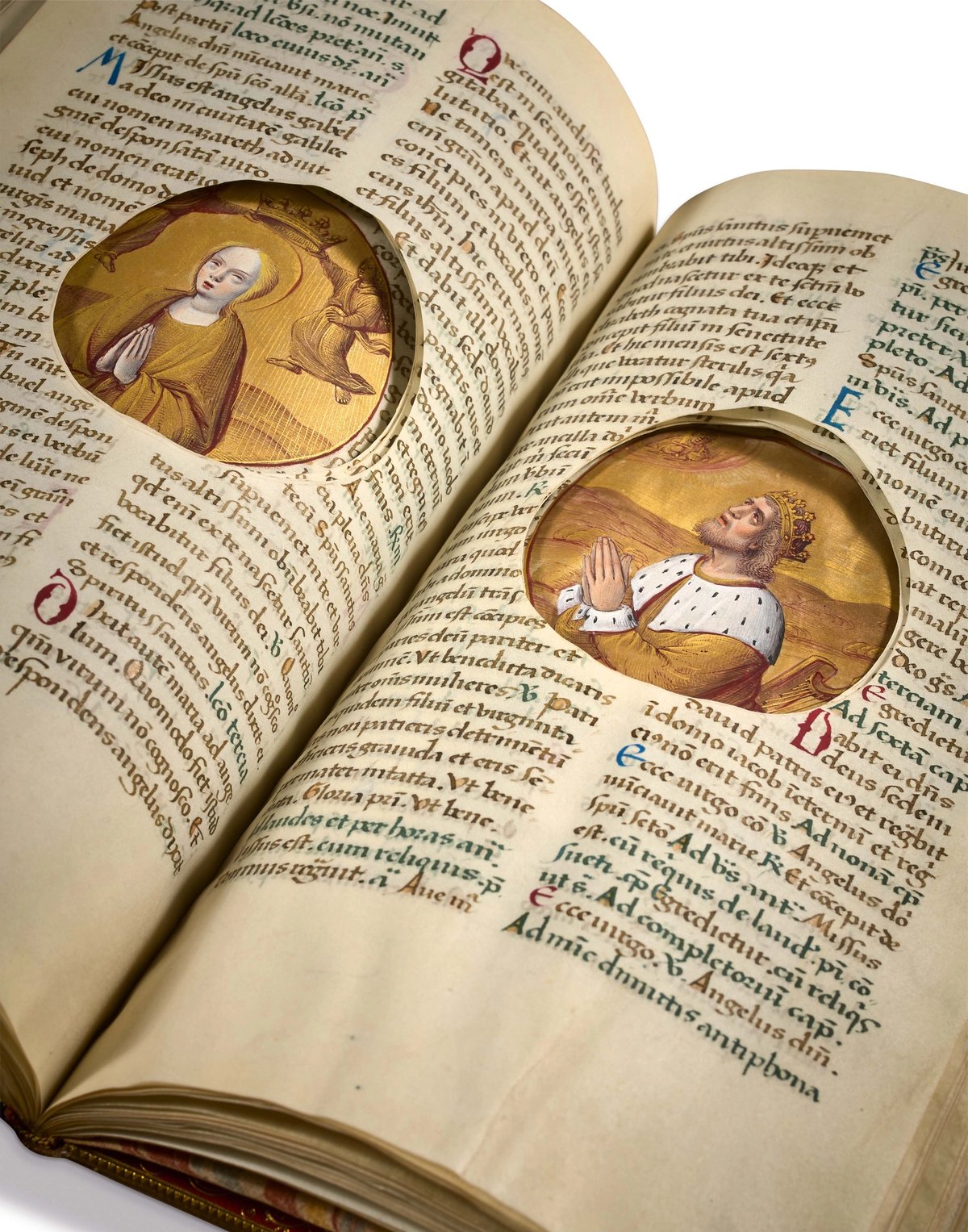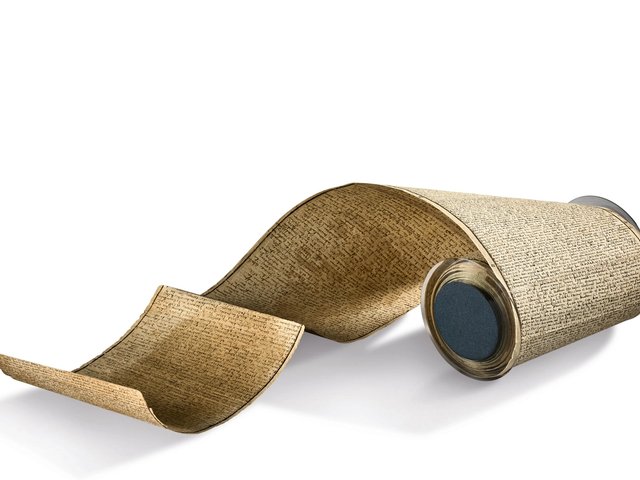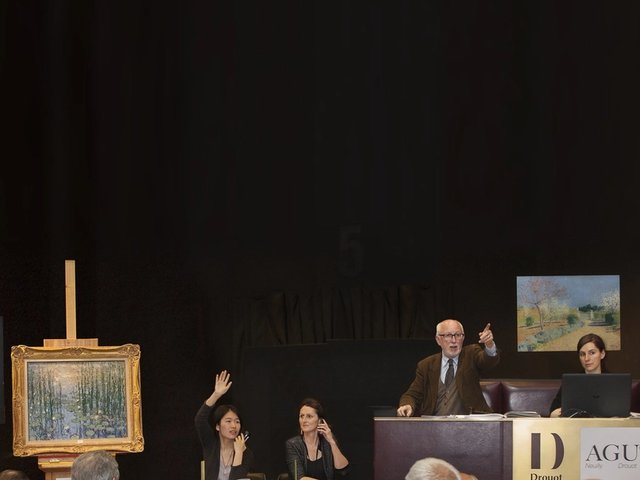More than 900 manuscripts and rare volumes from the collection of the bankrupted French company Aristophil, will be sold at the Drouot auction house in Paris from 16-20 June.
This is the second round of sales to liquidate the 135,000-strong collection of the firm, which went bust in 2015 following the indictment of its founder, Gérard Lhéritier, for organised fraud and money laundering.
The most notable lot is the 16th century illuminated Petau-Rothschild’s Hours, painted on vellum in the Loire Valley by Jean Poyet, who cut medallions through the middle of the prayer book in order to show the images while the pages were being turned. Aristophil bought it for €1.8m at Drouot seven years ago, before selling it to clients for €5m. It is now estimated at €800,000
The first of the auctions, dedicated to medieval and Renaissance manuscripts and books, is expecting to bring in over €5m. More than €17m is hoped for at the end of this round, which also includes modern manuscripts, sketchbooks by Gauguin and Rodin and musical pieces written by Bach, Mozart and Chopin. Four auctioneers have formed a consortium to take charge of the sales until the collection is completely liquidated. Claude Aguttes, the auctioneer designated as the co-ordinator by the court, says more than 300 rounds will be necessary over the next six years.
The first auction, held last December, was difficult—some of Aristophil’s clients and brokers who stayed faithful to the founder tried in vain to block it in court. The culture ministry withheld the export of the two most important lots—the roll of The 120 Days of Sodom that Sade wrote from behind the bars of the Bastille prison, and a series of autographs by André Breton, including his Surrealist Manifestos. Valued at €10m in total, they were withdrawn from the sale, which eventually raised a total of €3.8m.

Antoine de Saint Exupéry's sketchbook from Casablanca, 1921, from the Aristophil collection will be offered for sale by Artcurial on 16 June, estimated at €120,000-€150,000 Artcurial
Lhéritier, who claims he is innocent of all charges and has not yet been tried, had purchased more than 130,000 manuscripts and other items, that he sold for over €800m to 18,000 clients. Most were sold through “collections“, cut into shares and proposed to small savers, attracted by a 40% profit within five years. There are no hopes that anyone will recover their savings, let alone the 40% profit. The Art Newspaper understands the estimates proposed by the committee of experts in charge of the liquidation revolve around 15% of the investments. And there is no guarantee the auctions will even achieve that—in December, a third of the lots were left unsold.
The niche market for manuscripts has already been badly hit by the sudden withdrawal of its main actor. Aristophil is suspected of having artificially inflated auction prices to renew its stock and feed the confidence of its clientele, creating a bubble which has now burst.
Lhéritier and his associates are accused of having set up a Ponzi scheme. They claim their collection is being sold in the worst possible conditions at knockdown prices, thus supporting the public prosecution’s case and allowing the National Library to get its hands on the most valuable pieces. The market will provide its own answers.





